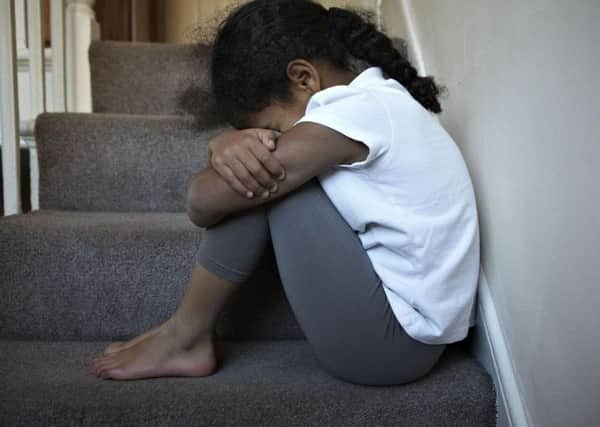Big rise in female mutilation reports in West Yorkshire


Between 31 October 2015 and 31 January 2016, six reports have been recorded by the force relating to ten children who had undergone FGM, compared with just one report before October, when the law changed.
According to the force, all the cases occurred prior to the child’s arrival in the UK, with the age of the children involved ranging from one month to nine-years-old.
Advertisement
Hide AdAdvertisement
Hide AdA children’s charity chief executive says the full scale of female genital mutilation in England is only now becoming clear after new figures revealed that a case was reported every 96 minutes last year.
The 5,484 instances of mutilation reported from October 2014 to September 2015 are described as just the “tip of the iceberg”, with many “unseen, unheard cases” never showing up on official statistics.
FGM, which is the intentional altering of, or causing injury to the female genital organs for non-medical reasons, is illegal in the UK but thought to affect more than 100,000 people in this country.
The national figures, released on the eve of the International Day of Zero Tolerance for FGM on Saturday, are said by Plan UK, a charity which campaigns against the practice, to show the sheer scale of the problem currently facing the authorities.
Advertisement
Hide AdAdvertisement
Hide AdIts chief executive Tanya Barron said: “FGM has been a hidden danger threatening girls in the UK and around the world - only now is the full scale becoming clear.
“Recognising that FGM is a fundamental abuse of girls’ rights is the first step to ending the practice.”
But she warned there are still many “unseen, unheard cases” that don’t show up on official statistics.
The figures relate to cases of FGM which have been newly discovered by medical professionals, and many will relate to women who have been cut many years ago and are only now being reported to the health authorities.
Advertisement
Hide AdAdvertisement
Hide AdThe statistics, which were published monthly but are now released quarterly, show that between July and September last year 1,385 cases were reported.
Of these, 758 cases were in London, 227 were in the Midlands and east of England, 245 were in the North of England and 155 were in the South of England. There is no geographical breakdown for figures earlier than this.
Nimco Ali set up the Daughters of Eve charity which works to protect women from FGM. She was cut as a seven year-old while on holiday in Djibouti on the Horn of Africa.
She told the Press Association that while FGM used to be a taboo topic, it is finally being talked about and tackled.
Advertisement
Hide AdAdvertisement
Hide AdShe said: “FGM is a brutal practice, but it is also a very simple one to end. If you stop one woman having FGM done to her then you break that link and prevent is being done to the next generation.
“I came from a family that was 100% FGM and that has gone down to zero in a generation. It is something that can be ended.
“We are finally shaking the taboo of FGM, but we have to be vigilant and cannot be complacent.”
She called for discussion of the dangers of mutilation to be incorporated into mandatory sexual and relationship education classes at school.
Advertisement
Hide AdAdvertisement
Hide AdHuman rights organisation Equality Now in 2014 estimated that 137,000 women and girls in England and Wales have been cut.
Spokesman Brendan Wynne said the HSCIC figures are “just the tip of the iceberg”.
He said bringing in mandatory reporting of cases of FGM by healthcare professionals - which came into force in October - is a crucial step in tackling the practice, but called for more education in schools.
Campaigners are demanding better teacher training on how to spot girls at risk, while the group Youth For Change has launched the TrainToProtect campaign to boost awareness in schools of FGM and child marriage.